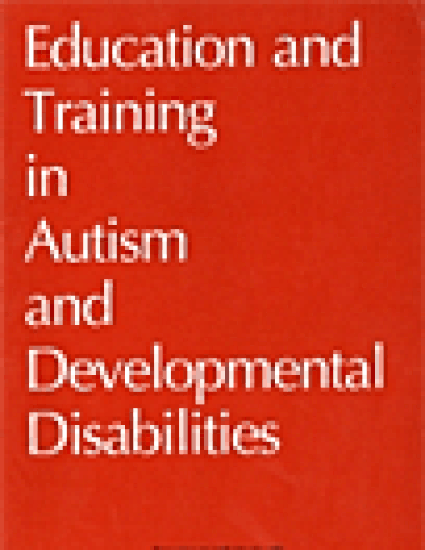
The early years of childhood are critical for optimal development of a variety of skills. The accurate and efficient identification of potential delays in, or issues with child development, is essential in identifying those children most in need of early intervention services. Screening procedures are designed to identify children who appear at risk for these delays or issues, with the children then more completely and comprehensively evaluated. Unfortunately, screening procedures during the preschool years remain nonsystematic, inefficient, and/or prohibitively expensive. This is especially unfortunate in that the data clearly suggest that children with developmental issues or delays who are identified early and begin receiving appropriate intervention services demonstrate a number of gains and advantages over their peers who do not participate in such programs. Specific barriers to more widespread and systematic screening procedures include the nation’s increasing cultural and linguistic diversity, increasing socio-economic status diversity, limited access to such systematic sources of screening such as medical services and child care centers, and high costs of screening procedures administered by professionals. A promising alternative to professional screening is the use of parent-completed screening questionnaires.
Available at: http://works.bepress.com/jack_hourcade/27/

Education and Training in Autism and Developmental Disabilities, Volume 46, Issue 2, 267-275.